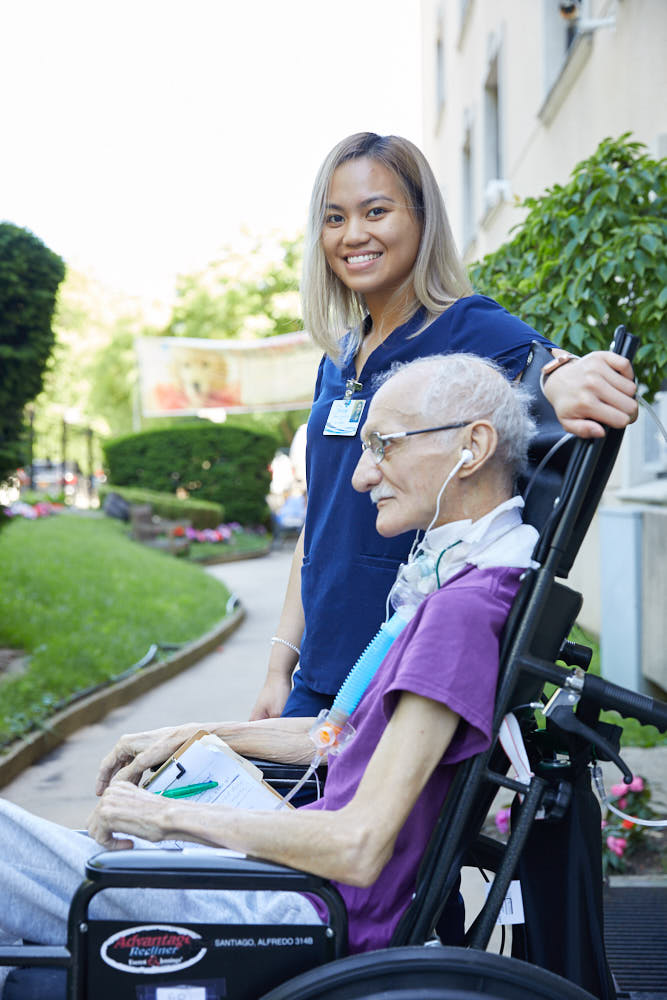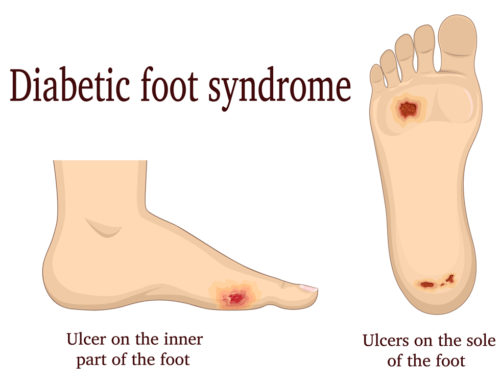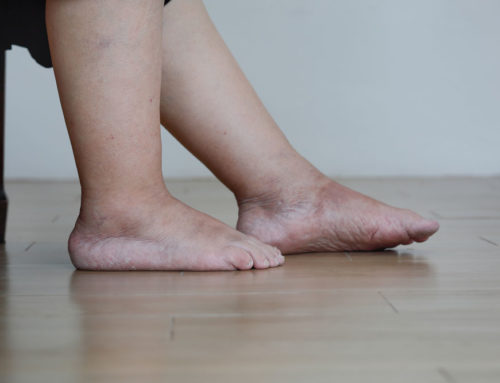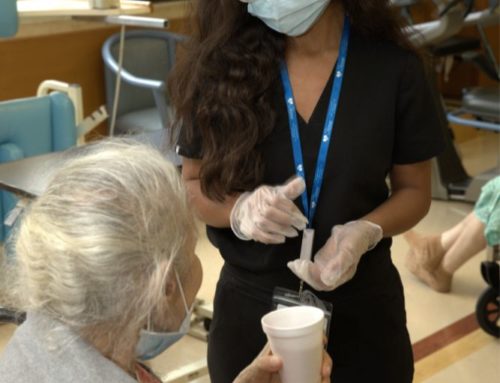Wheezing Causes And Symptoms: Stop Them From Progressing
Wheezing is a high-pitched and often coarse whistling sound that happens when you breathe through narrow, restricted or inflamed airways. See a doctor right away if you have breathing difficulties. Wheezing causes might be serious and require professional medical care, including the use of oxygen and respiratory care.
Wheezing Causes
Asthma and chronic obstructive pulmonary disease (COPD) exacerbation and emphysema are the most common wheezing causes.
Asthma is a long-term condition that restricts airways and can trigger mild to serious breathing difficulties. COPD describes a group of lung conditions that can cause wheezing such as emphysema and bronchitis.
Other conditions such as allergies, heart failure, lung cancer, gastroesophageal reflux disease and pneumonia can also cause wheezing. They can also be short-term, such as inhaling a foreign object or contracting an infection.
Wheezing in the elderly and other breathing problems are distressing. Once a doctor has identified your wheezing causes it may be time for medical care. Professional medical and nursing care, including emotional support and a friendly smile, can make a huge difference to your quality of life.

How To Stop Wheezing?
Finding the cause of wheezing is crucial. So, seeking advice from your doctor is the first step. They will ask questions, listen to your breathing and assess your condition. A doctor will ask how long you have been wheezing, and if it is triggered by eating or exercise.
Feeling the air in your lungs and breathing deeply and freely is something most of us take for granted. However, some adults and mainly elderly people suffer from breathing problems and wheezing causes. This can seriously impact their health and quality of life.
Learning how to stop wheezing or at least make wheezing more manageable is an important coping mechanism. Fortunately, there are some self-care tips and tricks to lessen your wheezing. These are some of them:
- Remove triggers
- Do breathing exercises
- Avoid smoking
- Keep the air moist and clean with a humidifier
These and other steps if advised by your doctor will help reduce your wheezing.
Signs and Symptoms
Signs of wheezing include shortness of breath, chest tightness, coughing, voice loss, and a bluish tinge around the mouth. It is vital to take note of any symptoms and tell your doctor, as wheezing can be very dangerous. Identifying the problem early on can make a big difference in terms of alleviating it. That’s why at the first signs of wheezing you should seek a formal diagnosis from your doctor.
At Fairview Rehab & Nursing Home in Queens, NY, we take wheezing and other breathing problems very seriously. Whatever the cause, our skilled doctors and nurses offer our patients the very best care and guidance on wheezing. Rest assured that your loved ones’ wheezing causes will be closely monitored to ensure the highest standard of treatment.
This article contains informational and educational materials and does not replace health or medical advice. For questions or concerns regarding your medical condition or health objectives, speak to a qualified physician or healthcare provider.






Leave A Comment